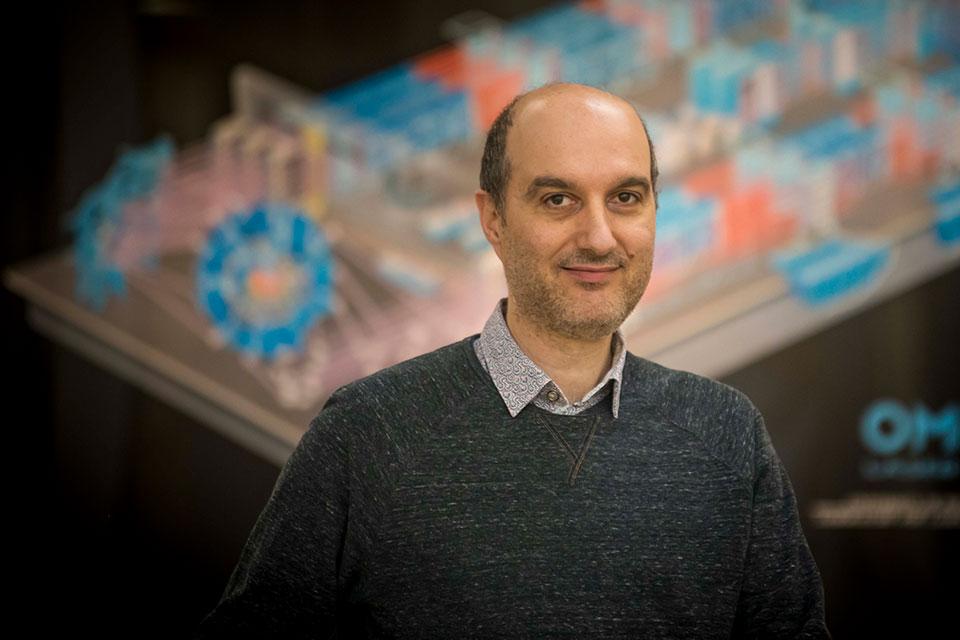Professor Gianluca Gregori has been awarded an ERC Advanced Grant designed to support excellent scientists who are already established research leaders with a recognised track record of research achievements. Here, he explains how the grant will help to transform laboratory astrophysics into a tool to investigate processes that cannot be easily captured by current theory and simulations:
This ERC Advanced Grant (now converted to an UKRI Frontier Grant) will give me the chance to develop a new approach to the understanding of extreme astrophysics such as blazars’ jets and gamma ray bursts. My work uses laboratory experiments performed at large accelerators’ facilities such as CERN and Laboratory Nazionali di Frascati (INFN, Italy).
The basic idea is that of generating ultra-relativistic beams of electrons and positrons and then observing their propagation through an ambient plasma. My group is interested in the formation of instabilities as well as the self-generation of magnetic fields and the corresponding synchrotron and inverse Compton scattering processes. The experiments will help with studying the detailed micro-physics of these astrophysical objects; they provide data that cannot be obtained from satellite observations, or that is too difficult to calculate given the limitations in spatial and temporal range and resolution scales that computer simulation can nowadays achieve.
Our group here in Oxford has been performing these laboratory astrophysics experiments at large laser facilities for more than a decade. These pioneering experiments tried to reproduce what was already expected from theory and simulation. While this was needed in order to validate the experimental approach, with this ERC grant, we are now in a position to boldly go beyond simple demonstration and transform laboratory astrophysics into a tool to investigate processes that cannot be easily captured by current theory and simulations.
This grant will bring together several areas of expertise from the Department of Physics and the Rutherford Appleton Laboratory (led by Professor Robert Bingham). Within the Department of Physics, Professor Gregori will be working alongside theoretical physicists Professor Subir Sarkar and Professor Alexander Schekochinhin, both long-standing collaborators of his in laboratory astrophysics experiments, as well as particle physicist Professor Todd Huffman.

